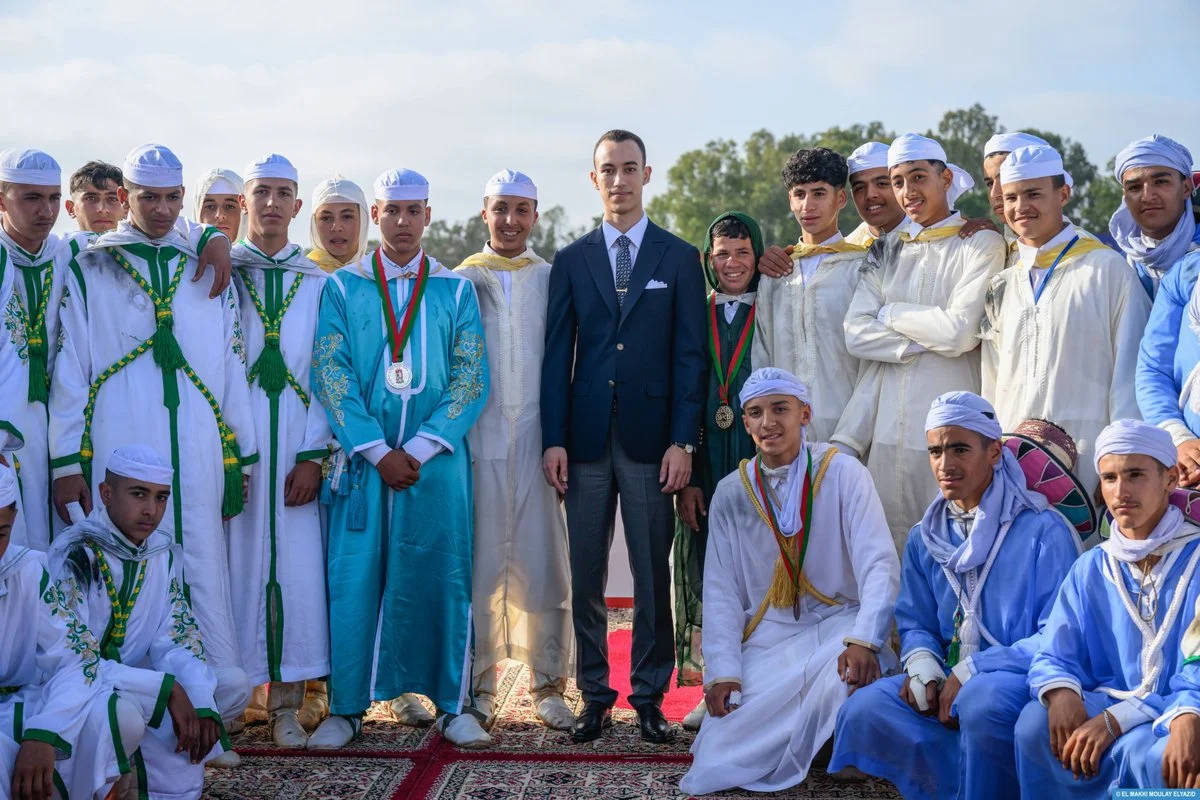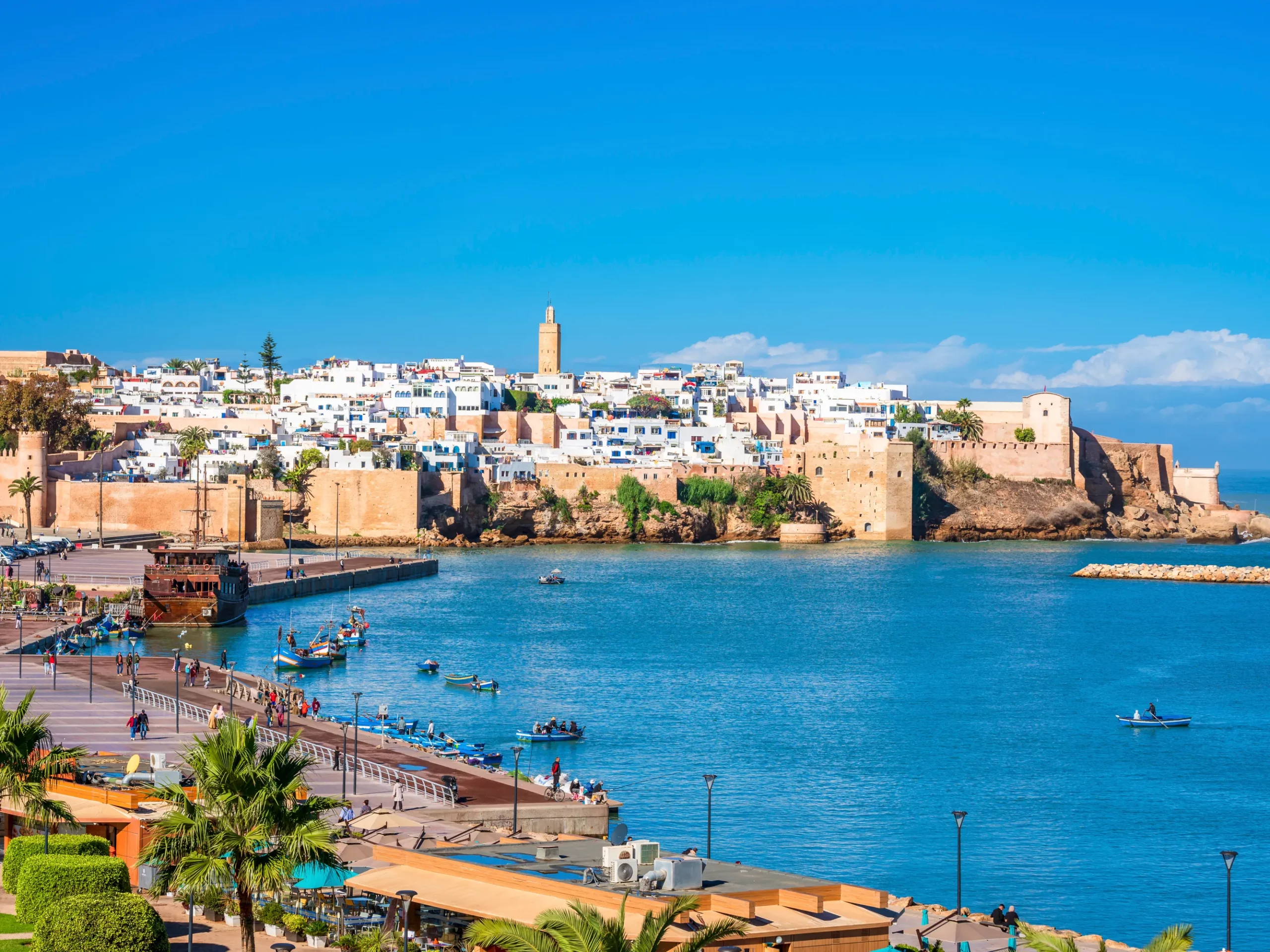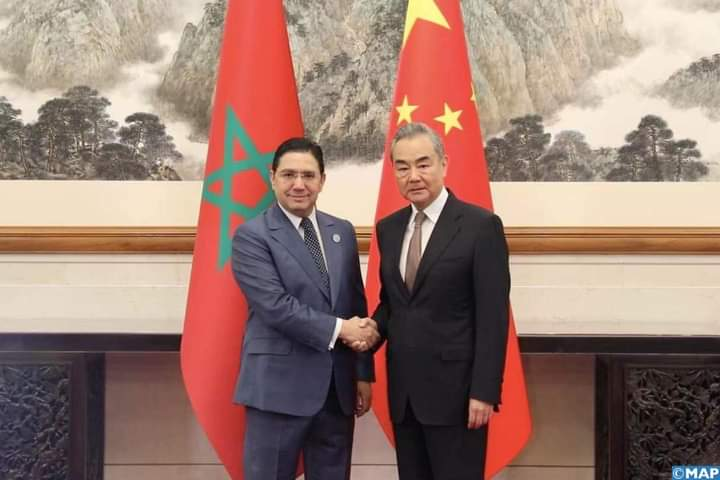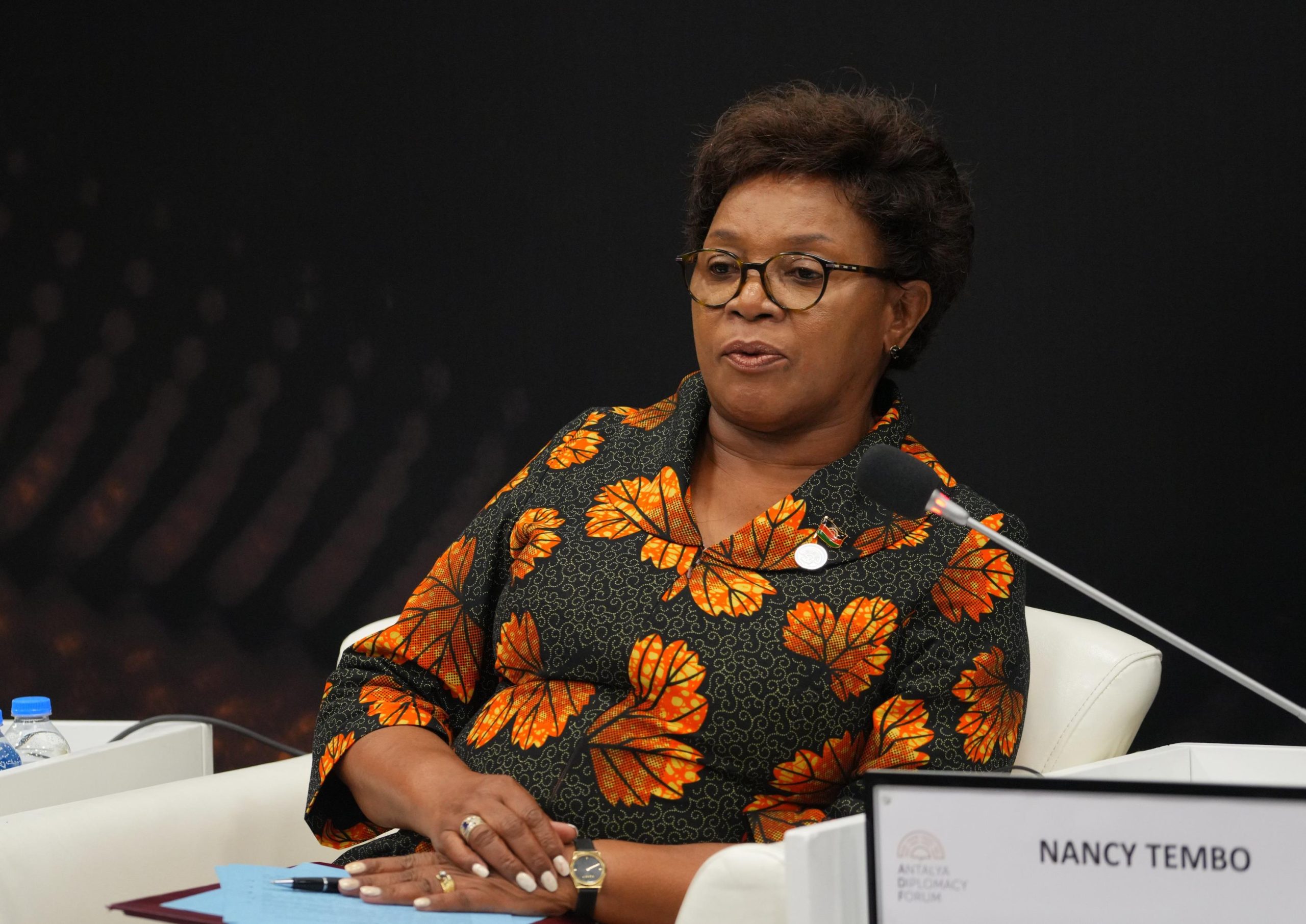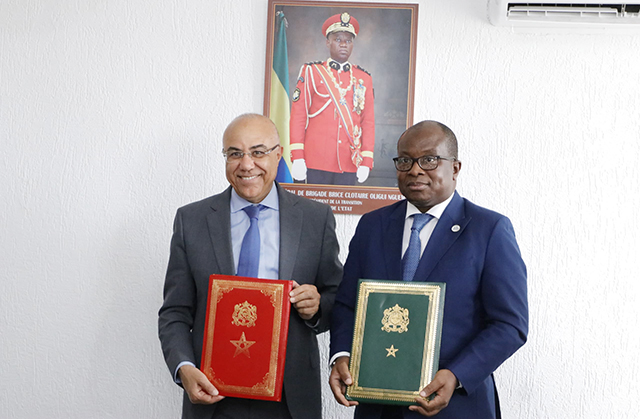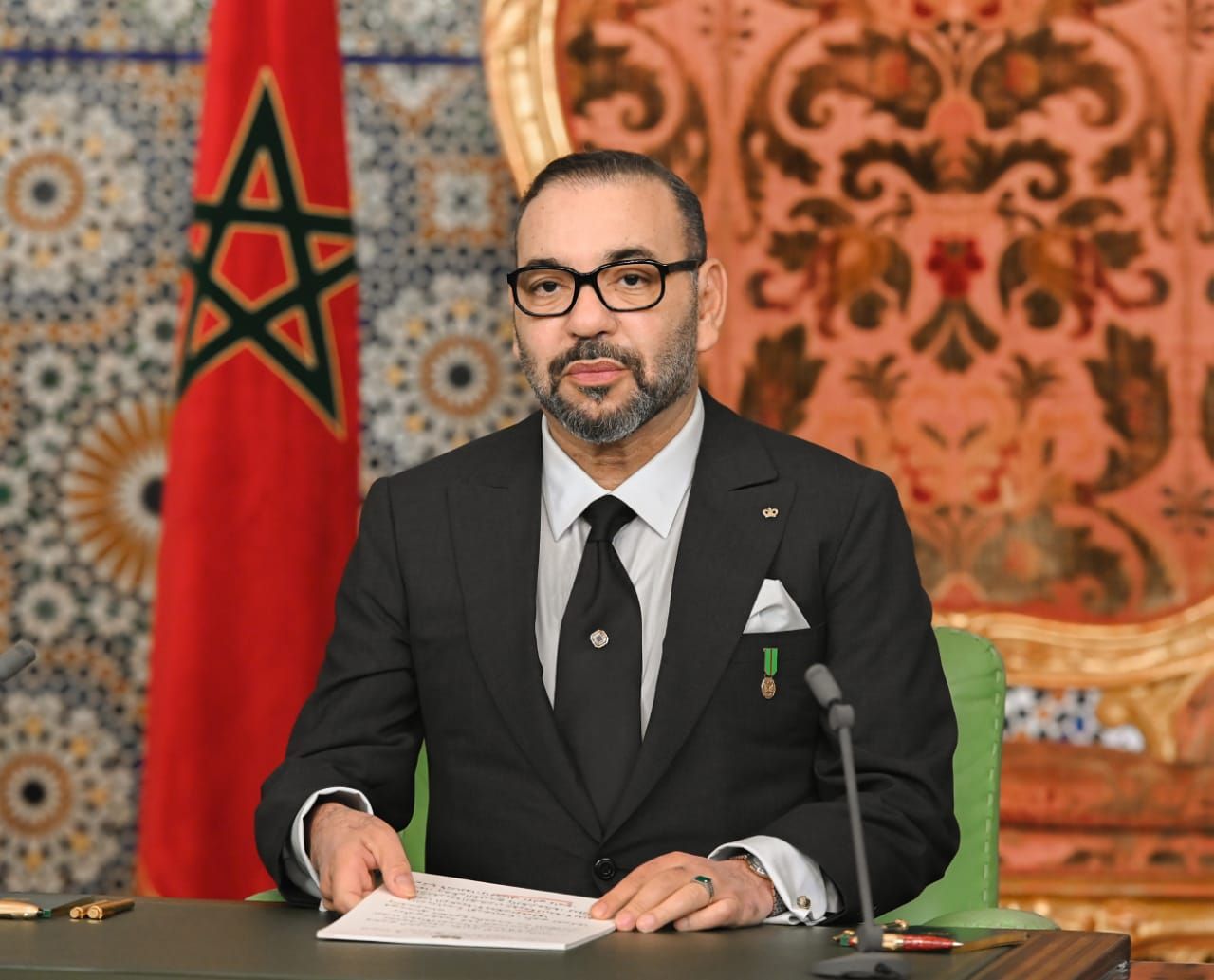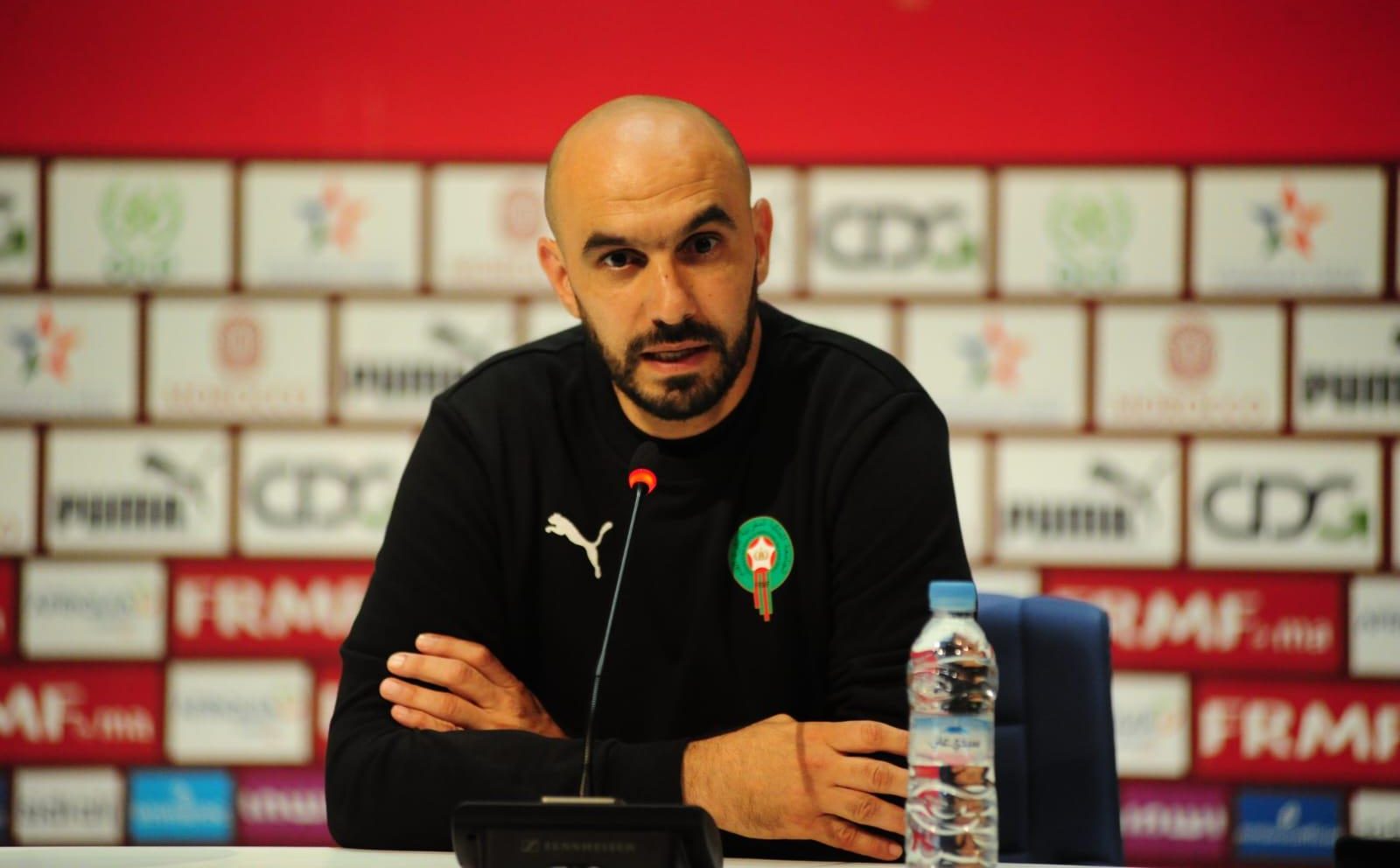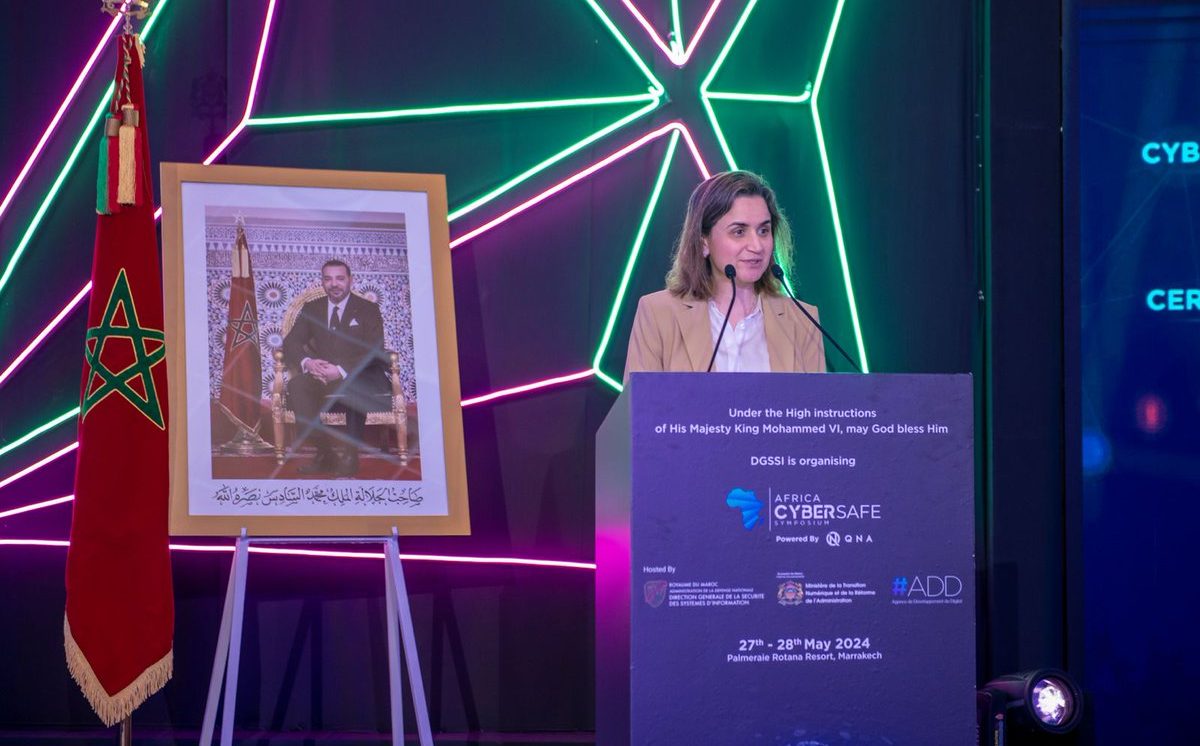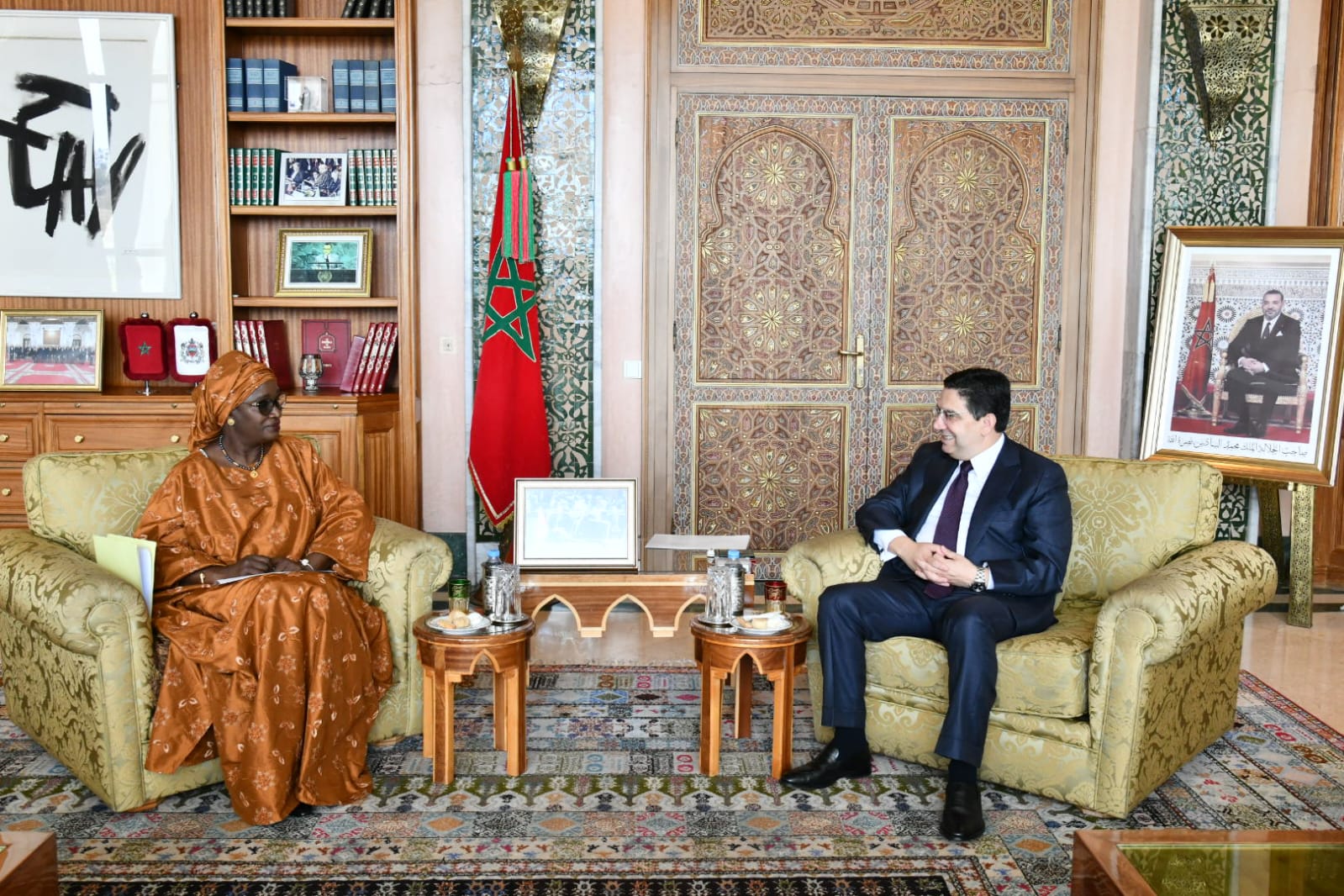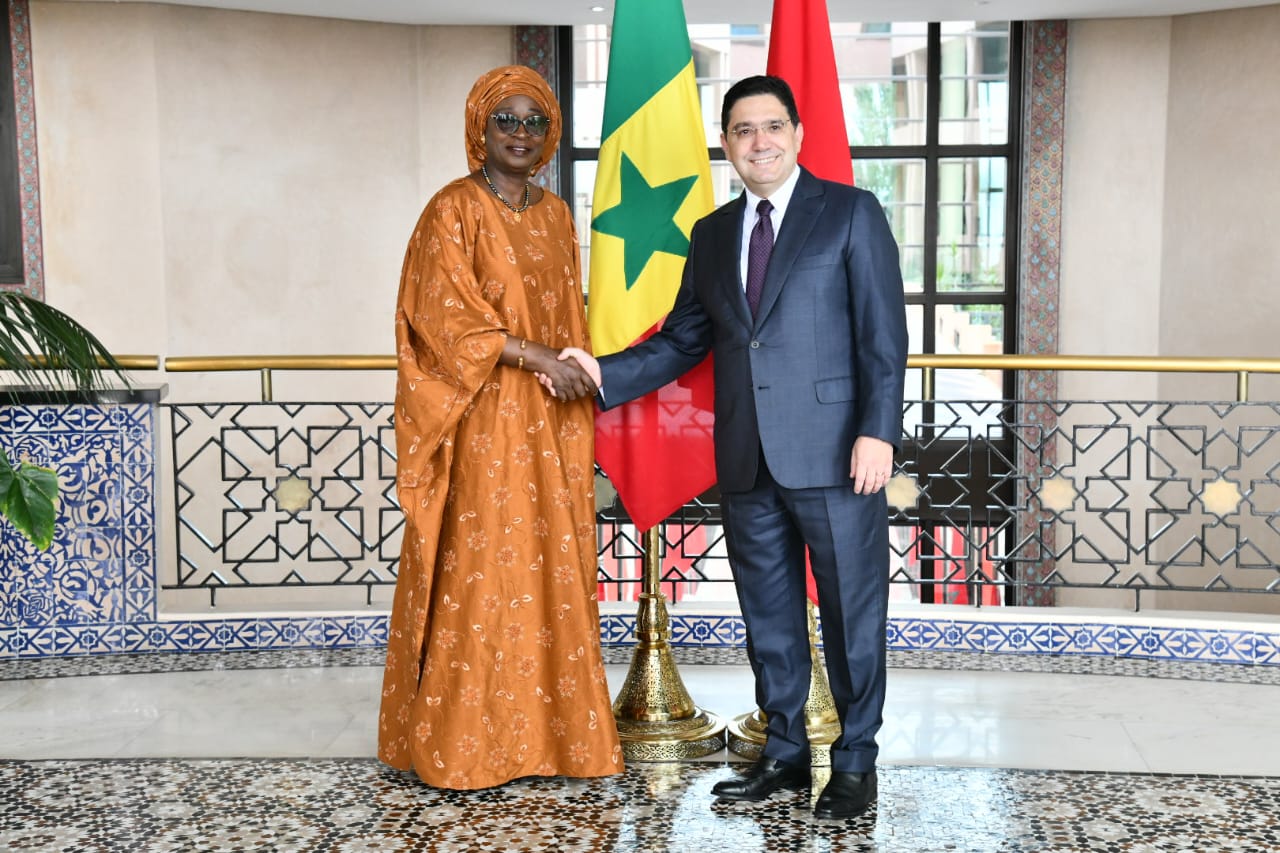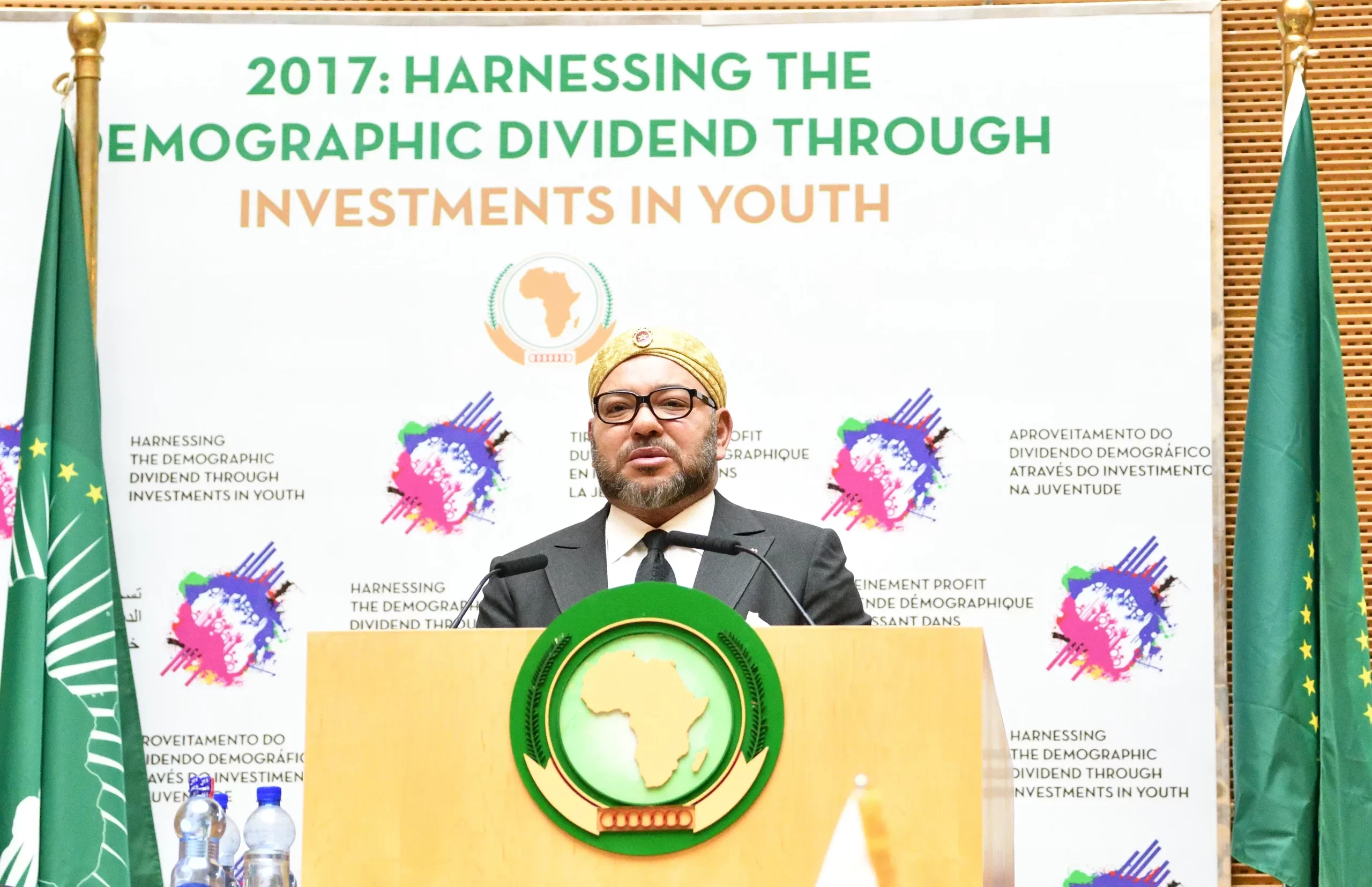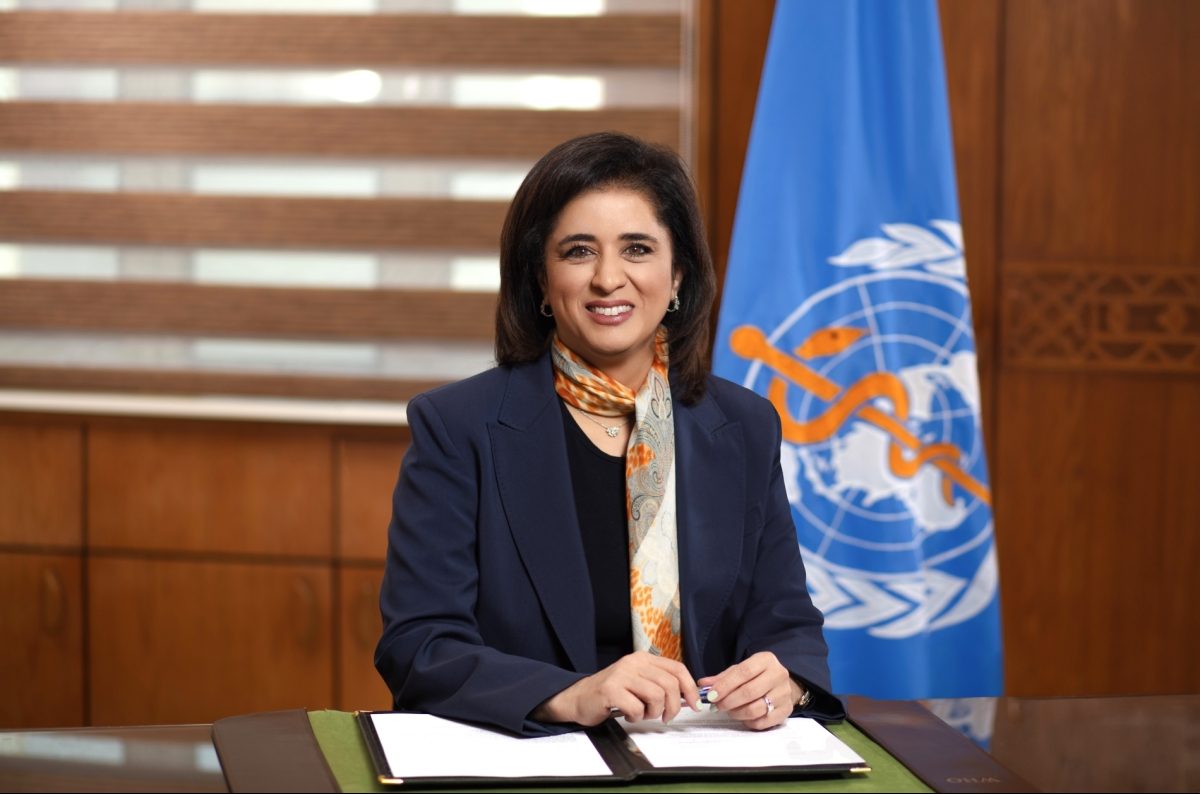Royal Activities
HM King Mohammed VI Addresses a Speech to Global Climate Action Summit
Published
2 years agoon
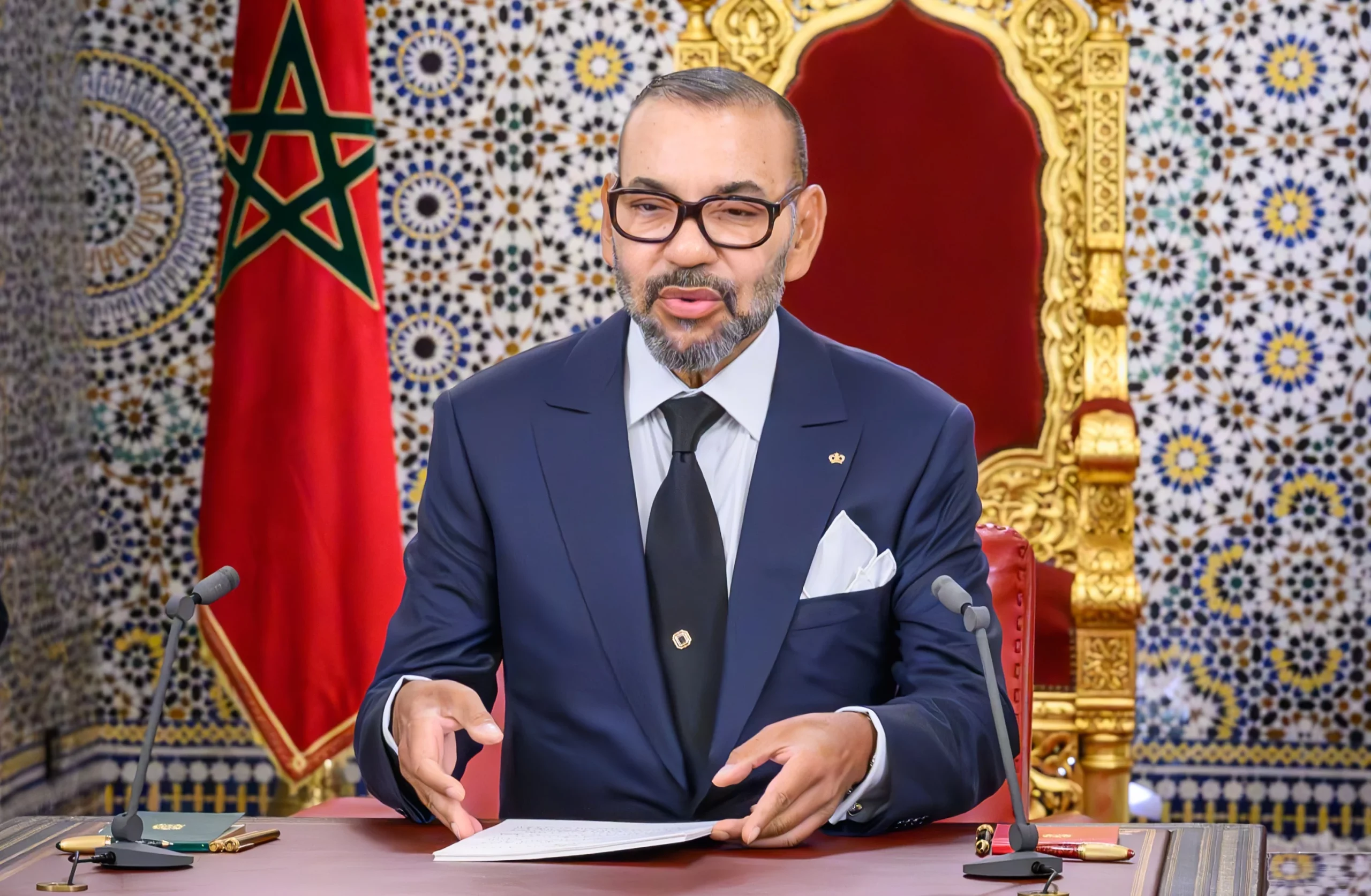
His Majesty King Mohammed VI, may Allah assist Him, addressed a speech to the World Climate Action Summit, organized on the sidelines of the 28th Conference of the Parties of the United Nations Convention on Climate Change (COP28), which kicked off on December 1 in Dubai.
Here follows a translation of the Royal Speech:
“Praise be to Allah,
May peace and blessings be upon the Prophet, His Kith, and Kin,
President, dear brother His Highness Sheikh Mohammed bin Zayed Al Nahyane;
Ladies and Gentlemen, Heads of State and Government;
The Secretary-General of the United Nations Organization;
Distinguished leaders of international and regional organizations;
Excellencies, Ladies, and Gentlemen,
I would first like to warmly thank My Brother His Highness Sheikh Mohammed Bin Zayed Al Nahyane, and the United Arab Emirates, for the excellent organization of this high-level event and his Presidency’s commitment to ensuring the success of COP28.
Excellencies, Ladies, and Gentlemen,
The findings of the First Global Stocktake of the Implementation of the Paris Agreement testify to a universal dynamic concerning climate change. However, adaptation efforts are still unevenly distributed across regions, particularly among those most vulnerable to the disastrous consequences of climate change.
Daring measures must not be based on partial measures, especially not on an insulated approach that merely aggravates the hazards, magnifies the damage, and causes further material, natural, and human losses. Global climate change management is bound to adopt an approach more tailored to national constraints and centered on sustainable qualitative growth and, most importantly on a humanistic outlook.
Given that climate change is inevitably worsening, the COPs must, right here and now, break away from the logic of “small steps” that has long characterized them. This pragmatic approach was, and I can understand why, necessary when the relevance of climate action, and the very existence of climate change, had to be proven. Nowadays, however, this technical approach complicates engagement terms and limits the climate change challenge to a group of privileged insiders at a time when it should be an issue for all mankind.
Simply put, there’s a gap between “small steps” in climate action, and the imminent climate challenges we face, a gap that must be bridged urgently. Equally, we must have faith in climate action, and believe that there is a middle ground somewhere between the voices of those content with “small steps”, and those determined to pursue “major breakthroughs”, driven by ideology and dogma. A middle way based on pragmatism, of course, but also voluntarism, ambition and vision. This is the path we must follow if we wish to live up to the commitments made at COP21 in Paris in 2015, and COP22 in Marrakech in 2016.
As necessary as it is, climate negotiations are not and cannot become an objective in themselves. There is a time for negotiations and a time for action. And that time has come! It is a Pact for Action that I propose to launch, here and now. It is through this Pact for Action that mankind can demonstrate through actions that the most ambitious goals are not necessarily the least attainable.
Morocco, with its pioneering commitment to climate change, is deeply convinced of the need to take concrete action through several strategic and political levers, including an improved National Determined Contribution (NDC) in 2021. Our New Development Model is based on sustainability. Our National Strategy for Sustainable Development is improved and implemented with a strong focus on inclusion.
In Morocco, the growth of renewable and sustainable energies, the development of competitive green hydrogen industries, our growing connectivity with global markets, and the organization of a World Cup football tournament across two continents all testify to our vision of regional integration.
This is the action-oriented approach we have advocated at home, in the Kingdom of Morocco. Our ambition has manifested itself in concrete, precise sectoral actions; structured in detailed, verifiable action plans for adaptation, mitigation and decarbonization.
Ambitious as they may be, Our stated objectives are never just a stunt or an international publicity ploy. Rather, they are the fruit of programs and projects undertaken at the national level, first and foremost for us and by us. And I personally attach the greatest importance to their implementation and follow-up.
Excellencies, Ladies, and Gentlemen,
In a persistently inequitable global system, Africa received $30 billion in annual climate financing flows in 2020, accounting for less than 12% of its needs. Although penalized and disadvantaged, the Continent has all the assets to become the global climate solution, the response to the 21st century’s major challenges. Nevertheless, the lack of active solidarity is significantly hampering the continent’s climate action.
The Annual Meetings of the World Bank and the International Monetary Fund (IMF) in Marrakech emphasized the urgent need to reform multilateralism and development financing, two levers that humanity established to address the challenges of the 20th century, and two levers in which we believe. This is the conviction that inspires the Moroccan presidency of the United Nations Environment Assembly.
In keeping with its commitment to Africa, Morocco is tirelessly pursuing the implementation of the resolutions of the First African Action Summit, held on the sidelines of COP22, particularly the operationalization of the three African Climate Commissions for the Congo Basin, the Sahel, and the African Island States.
The Kingdom’s active participation in groundbreaking, unifying regional initiatives aimed at better adapting African agriculture, reinforcing sustainability, stability and security on the Continent, and encouraging young Africans to lead on climate issues, testify to Morocco’s unwavering, multidimensional support for the tireless efforts of brotherly African countries.
While solidarity and adequacy are the principles of international climate action, we must beware of penalizing success.
Specifically, I would like to draw attention to middle-income countries, which are battling both socio-economic development and sustainable development. For these countries, including my own country, the Kingdom of Morocco, I call for more sustained and special attention from the international community.
Nothing less than justice would do. It is only fair that middle-income countries are not penalized for the progress they are achieving. We cannot expect them to accomplish more, while simultaneously granting them less access to the resources that underpin this progress. On the contrary, middle-income countries are the best climatic “Success Stories” to encourage and reward.
Excellencies, Ladies, and Gentlemen,
Conflicting interests, occasionally with populist overtones, that favor short-termism are undermining credible multilateral action and jeopardizing the future of upcoming generations.
We reiterate our hope that the States Parties will demonstrate greater ambition, and work together to find collective responses to this shared challenge.
Accordingly, I wish to reaffirm Morocco’s commitment to pursuing its proactive action, aimed at leading the way not only in advocacy but also in suggesting solutions to preserve the future of mankind on our planet.
Thank you.
Wassalamou alaykoum warahmatou Allah wabarakatouh”.
You may like
-
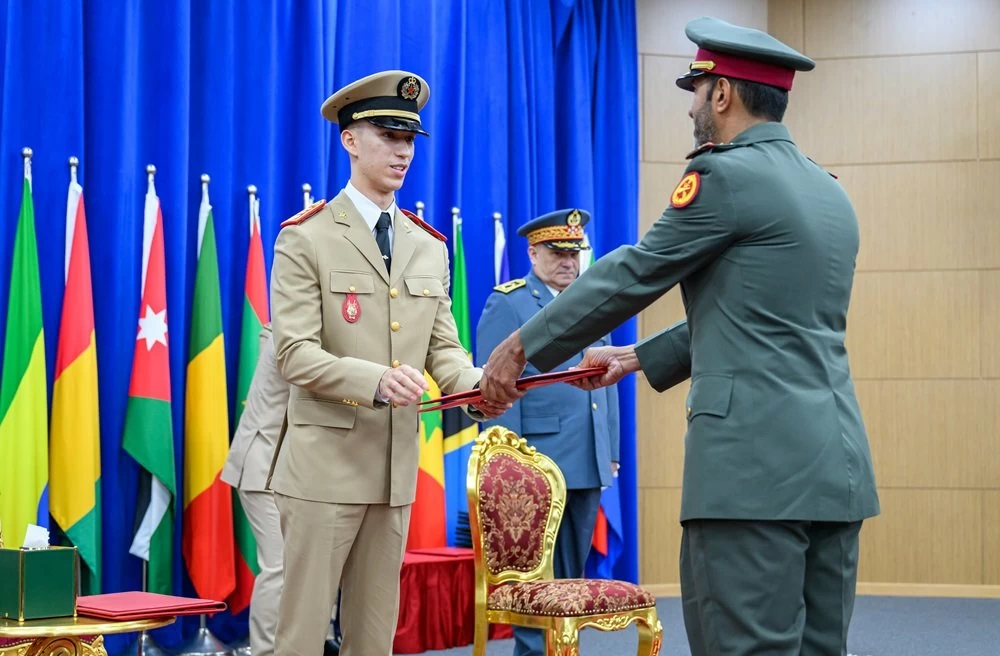

HRH Crown Prince Moulay El Hassan Chairs Graduation Ceremony of 24th Higher Defense Class, 58th General Staff Class
-
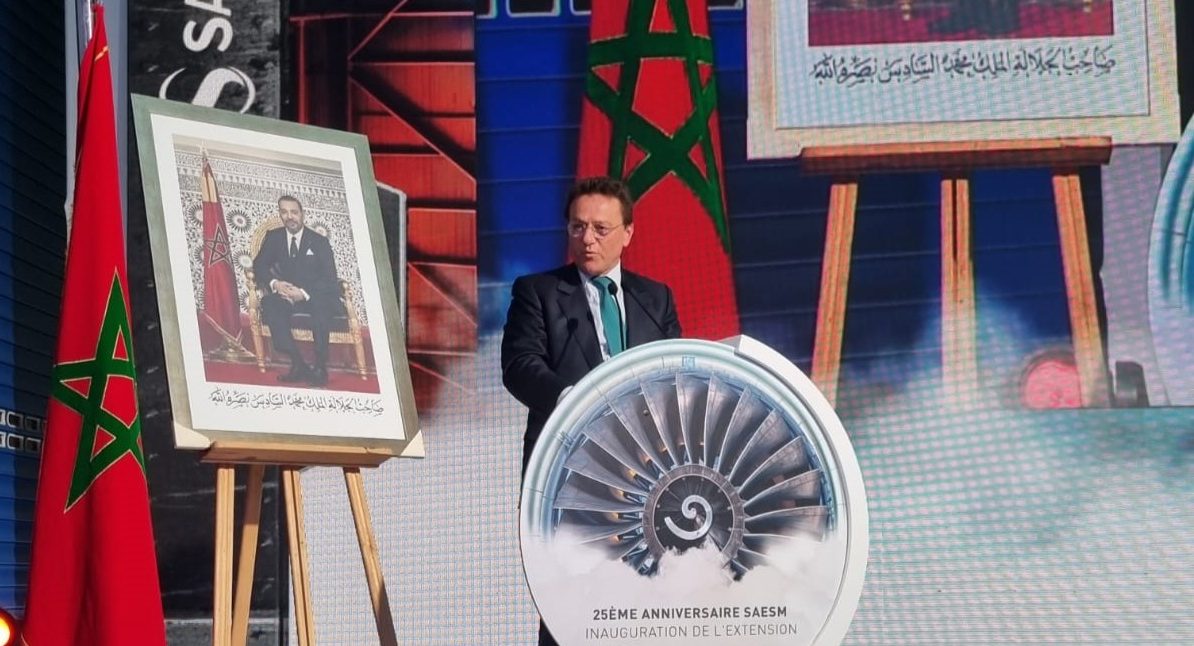

Berlin: Minister Mohamed Abdeljalil Expresses Morocco’s Commitment to Fight Against Climate Change
-
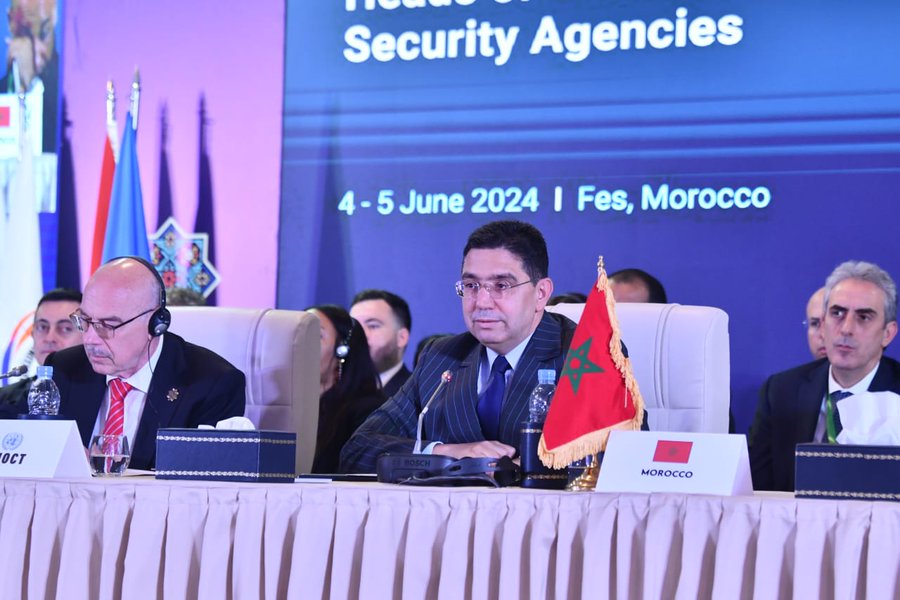

FM Nasser Bourita Sheds Light on Royal Vision Relating to African Cooperation in Counter Terrorism
-
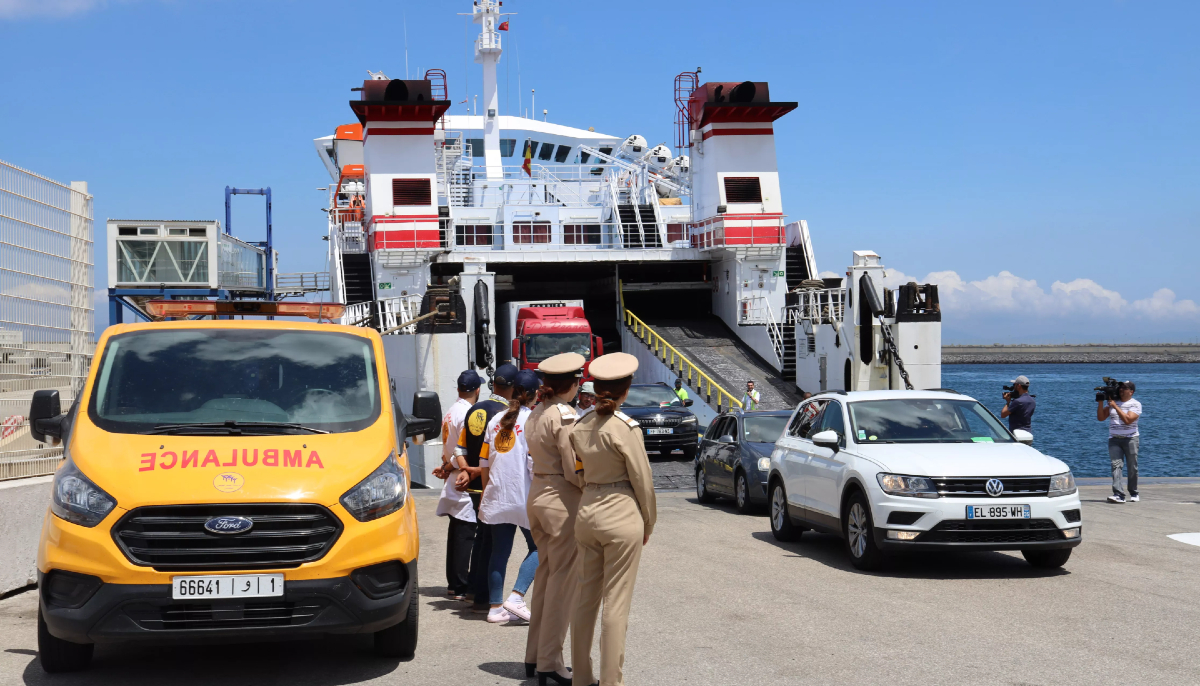

Under Effective Presidency of HM King Mohammed VI, Operation Marhaba 2024 Kicks Off in Morocco, Europe
-
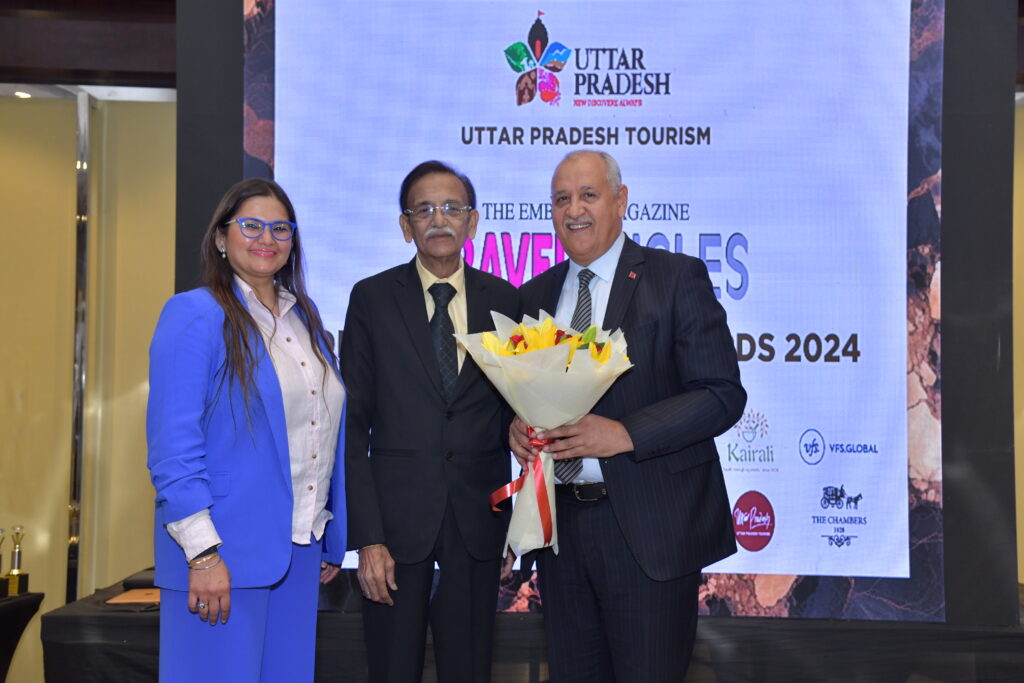

New Delhi: Morocco Named Most Vibrant Destination (TravelJingles)
-
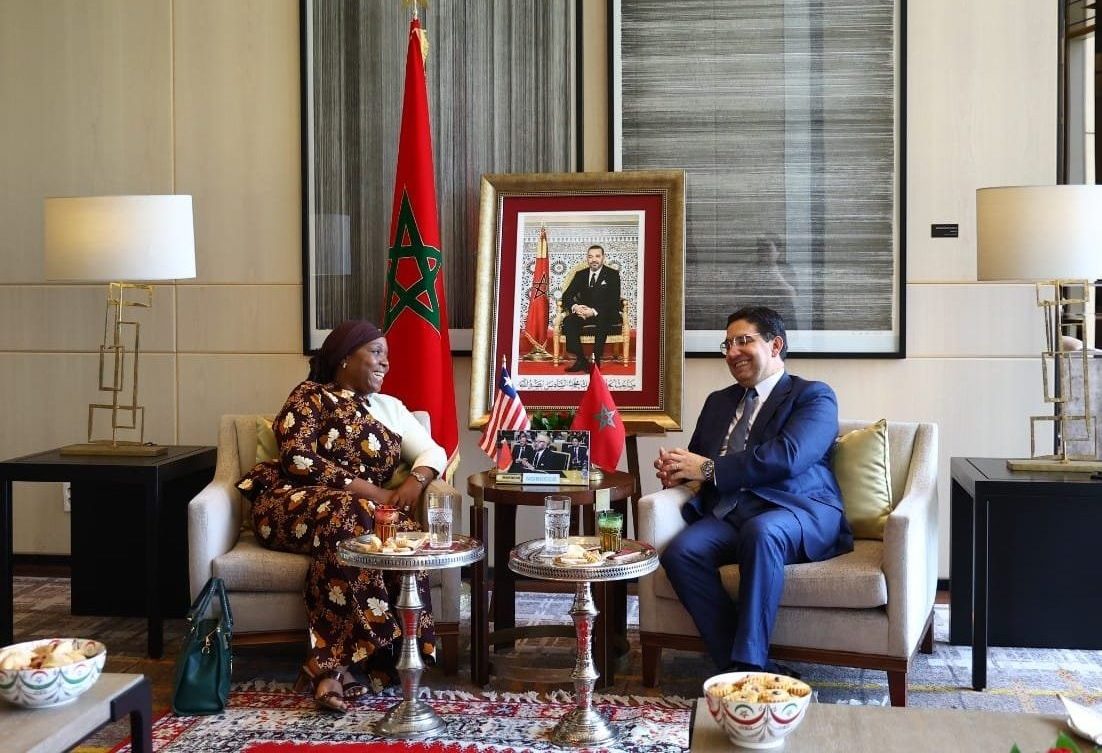

Liberia Reiterates Support For Morocco’s Sovereignty, Territorial Integrity

